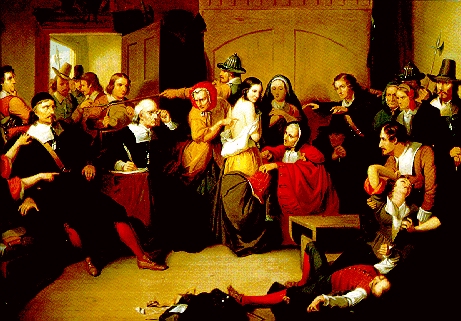“Drugs, Inc.” is a television show on the National Geographic Channel that focuses on the business of drugs, from producers to traffickers to users to police. I can’t recommend this show enough and I watch every episode that comes up on my DVR.
Welcome to the $300 billion industry of Drugs, Inc., where traffickers pocket huge profits, addicts become chained in a vicious cycle and law enforces wage war across diverse battlefields – farmers’ fields, shady labs, urban street corners and suburban schools. How does this business work? Can it be stopped or should it be regulated? What impact does it have on those it touches?
Drugs Inc somehow gets interviews with drug dealers and drug traffickers. They are always wearing a mask of some sort and often their voices are garbled electronically. It isn’t clear to me why they agree to be on TV or why the authorities don’t follow up on the leads from the program or subpoena their records. I can’t comment on the authenticity but it certainly seems real, especially the interviews with the users or “fiends” as they are described by the dealers on the series.
The first thing that the show will do for you is change how you look at homeless people. All of the users on the show are either 1) drug dealers themselves likely far down the chain in order to support their habit 2) panhandlers or some sort of schemer / prostitute. There occasionally are recreational users or those with jobs but since they typically interview hard-core drug users many of those individuals can’t do a regular 9 to 5 job.
The panhandlers are a relentless lot. They wake up in various places, sometimes in their cars, sometimes in a tent, sometimes in an abandoned building, or elsewhere. When they get up, it is time to make some money in order to buy some drugs. They always know exactly what they are doing and have a target amount of money to “earn” in order to score what they need to stave off dope sickness.

